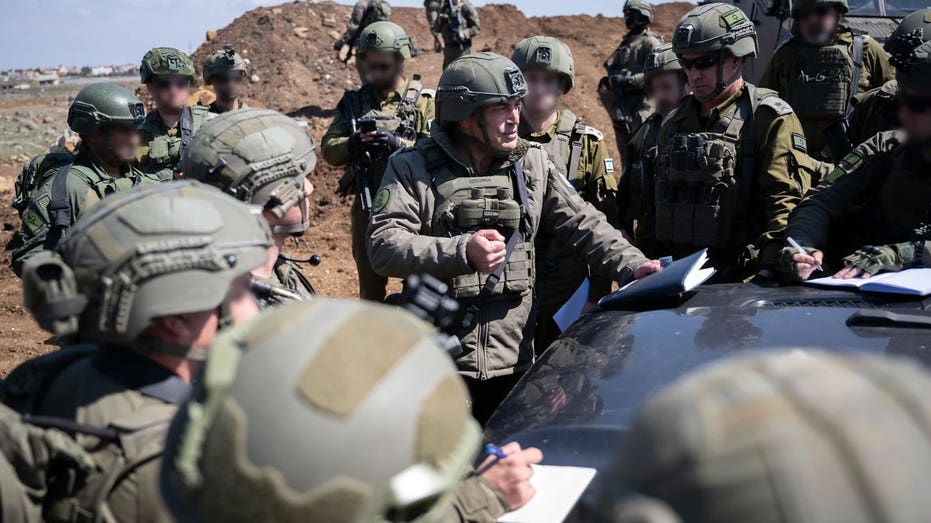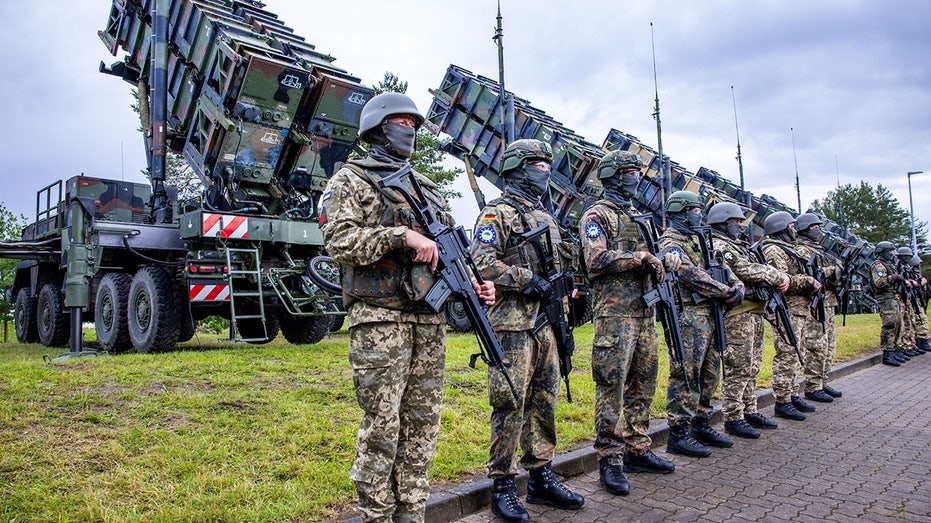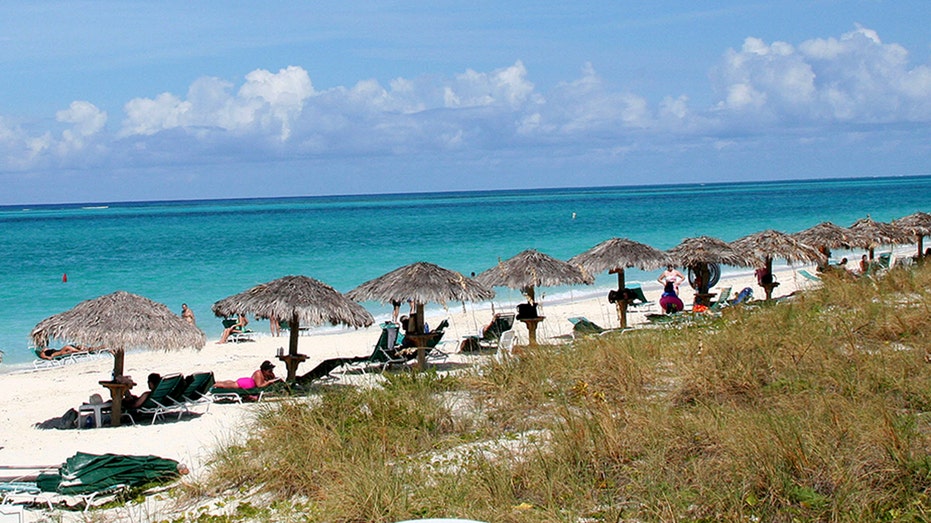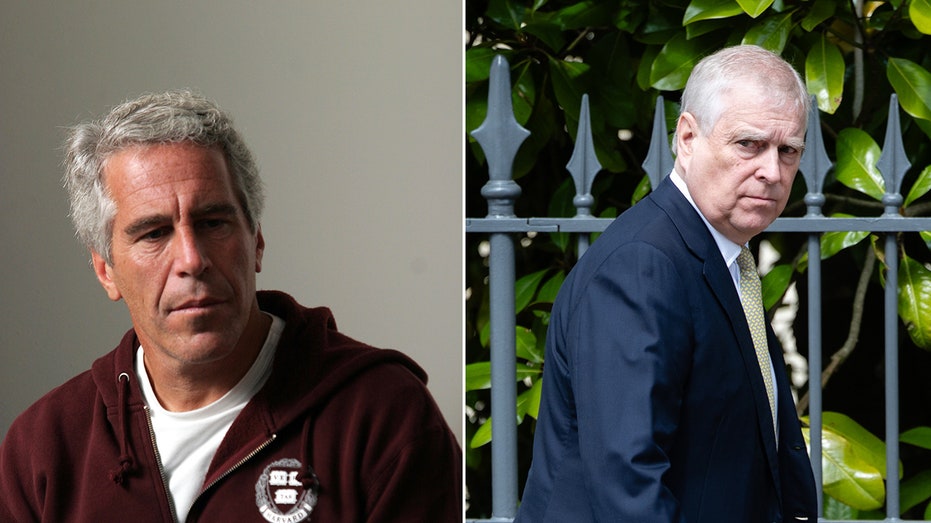Israel Adjusts Strategy Amid Syrian Turmoil and Regional Power Struggle

Sarah Johnson
March 17, 2025
Brief
Israel responds to Syria's collapse after Assad's overthrow, striking militant targets in Damascus, deploying troops to buffer zones, and navigating threats from jihadi groups and regional rivals.
TEL AVIV — Israel is navigating a complex and volatile situation in Syria after the recent overthrow of Bashar al-Assad by an al Qaeda-linked insurgency. On Thursday, the Israeli Air Force struck a key headquarters of the Palestinian Islamic Jihad terrorist organization in Damascus, signaling its proactive stance amid the chaos.
Following the dramatic fall of Damascus on December 8, 2024, Israel deployed troops to the demilitarized buffer zone near Syria. These forces are positioned strategically, including on Mount Hermon and the northern part of the Syrian Golan Heights, as Israel aims to safeguard its borders and prevent incursions by jihadi groups.
Lt. Col. (ret.) Jonathan Conricus, a former IDF spokesperson, shared insights on the deployment strategy, emphasizing the high risks posed by ground invasions from various Islamist factions. Until Syria achieves political and military stability, Israeli forces remain a critical line of defense.
Israel's concerns go beyond its borders. The instability in Syria has reignited sectarian violence, with massacres of Alawites, Christians, Kurds, and Druze populations. The brutality of these attacks, reportedly carried out by the Sunni Islamist government led by al-Sharaa, underscores the risks posed by extremist groups to regional stability.
Israel has already conducted over 300 strikes in Syria, targeting Assad regime military bases and suspected chemical weapons sites. These operations aim to neutralize threats and ensure advanced weaponry does not fall into hostile hands. Lt. Gen. Eyal Zamir, the new IDF Chief of Staff, recently entered Syria for a situational assessment — a bold move that highlights the gravity of Israel's concerns.
John Hannah, a Senior Fellow at JINSA, noted that Israel has taken additional steps, such as setting up checkpoints in Druze areas near its borders. Protecting the Druze communities is a priority, given their loyalty to Israel and the shared cultural ties.
Turkey's involvement has added another layer of complexity. As a supporter of the al Qaeda-linked Hayat Tahrir al-Sham (HTS), Ankara's actions are viewed as hostile by Israel, especially given its ties to Hamas. This dynamic, coupled with Iran’s ongoing efforts to smuggle weapons and operate proxies, creates a precarious situation for Israel.
Jonathan Spyer, director of research at the Middle East Forum, outlined Israel's strategy to keep Syria decentralized and weak, preventing it from becoming a united front under jihadi leadership. Despite tensions, Russia has maintained a deconfliction mechanism with Israel, allowing Jerusalem to target Iranian assets in Syria without direct clashes.
HTS, which has been active in Syria for years, remains a significant concern for Israel due to its Sunni Islamist ideology and support for Hamas's recent attacks. Spyer emphasized that Israel's experiences, particularly those during the Gaza war, have left no room for illusions about the intentions of Islamist groups.
Topics
Editor's Comments
Israel’s strategy here is like playing chess in a storm—every move counts, but the board keeps shifting. The proactive strikes and troop deployments show they’re not waiting for the chaos to come knocking at their door. Also, can we take a moment to appreciate the audacity of sending the IDF Chief of Staff into Syria for an assessment? Talk about leadership with boots on the ground!
Like this article? Share it with your friends!
If you find this article interesting, feel free to share it with your friends!
Thank you for your support! Sharing is the greatest encouragement for us.



